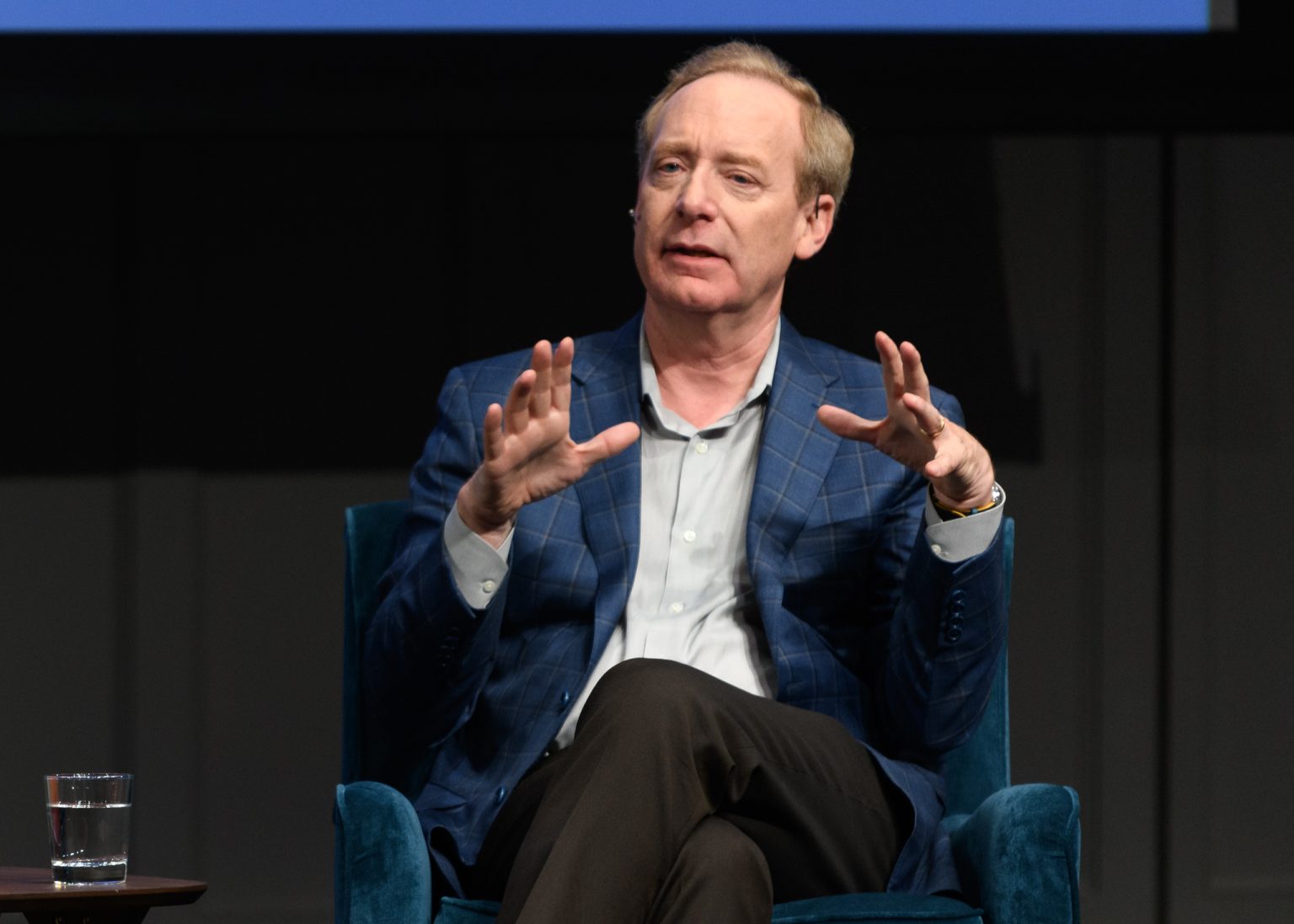The Imperative for a National AI Strategy: Securing America’s Future in the Age of Artificial Intelligence
Artificial intelligence (AI) is rapidly transforming the global landscape, poised to revolutionize industries and redefine the balance of power in the 21st century. Microsoft President Brad Smith, recognizing the profound implications of this technological shift, has underscored the urgent need for a comprehensive national AI strategy in the United States. He argues that success in this burgeoning field requires a concerted effort from government, industry, academia, and non-profit organizations, emphasizing the importance of strategic investments, workforce development, and a regulatory environment that fosters innovation. This call to action comes at a critical juncture, as the U.S. faces intensifying competition from other nations, particularly China, in the race for AI dominance.
Smith draws a parallel between AI and electricity, highlighting its potential to power the American economy for decades to come. He emphasizes the "golden opportunity" presented by the next four years to lay the foundation for sustained economic growth and technological leadership. Central to this vision is the recognition that AI is not merely a technological advancement, but a transformative force that will reshape industries, create new jobs, and redefine the very fabric of society. To fully harness its potential, Smith advocates for a holistic approach that encompasses not only research and development, but also the cultivation of a skilled workforce capable of navigating the complexities of this new era.
A critical aspect of Smith’s argument centers on the competitive landscape, particularly the rapid advancements made by China in the field of AI. He acknowledges China’s strategic focus on AI, fueled by substantial government investments and a cohesive national strategy. China’s vast population, coupled with its extensive data resources, provides a fertile ground for AI development and innovation. This presents a significant challenge for the U.S., requiring a proactive and strategic response to maintain its competitive edge. Smith cautions against complacency, emphasizing the need for the U.S. to match China’s commitment to AI, lest it risk falling behind in this critical technological domain.
Microsoft’s own substantial investments in AI infrastructure underscore the company’s commitment to driving innovation in this field. Smith reveals that Microsoft will allocate $80 billion to data centers dedicated to training and deploying AI in the current fiscal year. This significant capital expenditure, while substantial, reflects the company’s recognition of the transformative potential of AI and the need for robust infrastructure to support its development. Smith emphasizes that a significant portion of this investment will be directed towards U.S.-based data centers, underscoring the company’s commitment to fostering domestic innovation and economic growth.
Smith advocates for a collaborative approach, bringing together leaders from government, the private sector, academia, and non-profit organizations. He emphasizes the need for a cohesive national strategy that aligns the efforts of these diverse stakeholders, ensuring that the U.S. can effectively compete on the global stage. Furthermore, he stresses the importance of investing in education and workforce development, equipping the American workforce with the skills necessary to thrive in an AI-driven economy. This includes not only technical skills, but also the ability to adapt to rapidly changing technologies and navigate the ethical and societal implications of AI.
Finally, Smith underscores the importance of a balanced regulatory environment that fosters innovation while addressing potential risks associated with AI. He cautions against "heavy-handed regulations" that could stifle innovation and hinder the competitiveness of American tech companies. He argues that a common-sense approach to export control policy is crucial to ensure that American AI technologies are adopted globally, promoting trust and collaboration with international partners. This, he contends, will solidify diplomatic relations and establish the U.S. as a leader in the global AI landscape. In essence, Smith’s call to action is a clarion call for a national mobilization, urging a concerted effort to secure America’s future in the age of AI.


